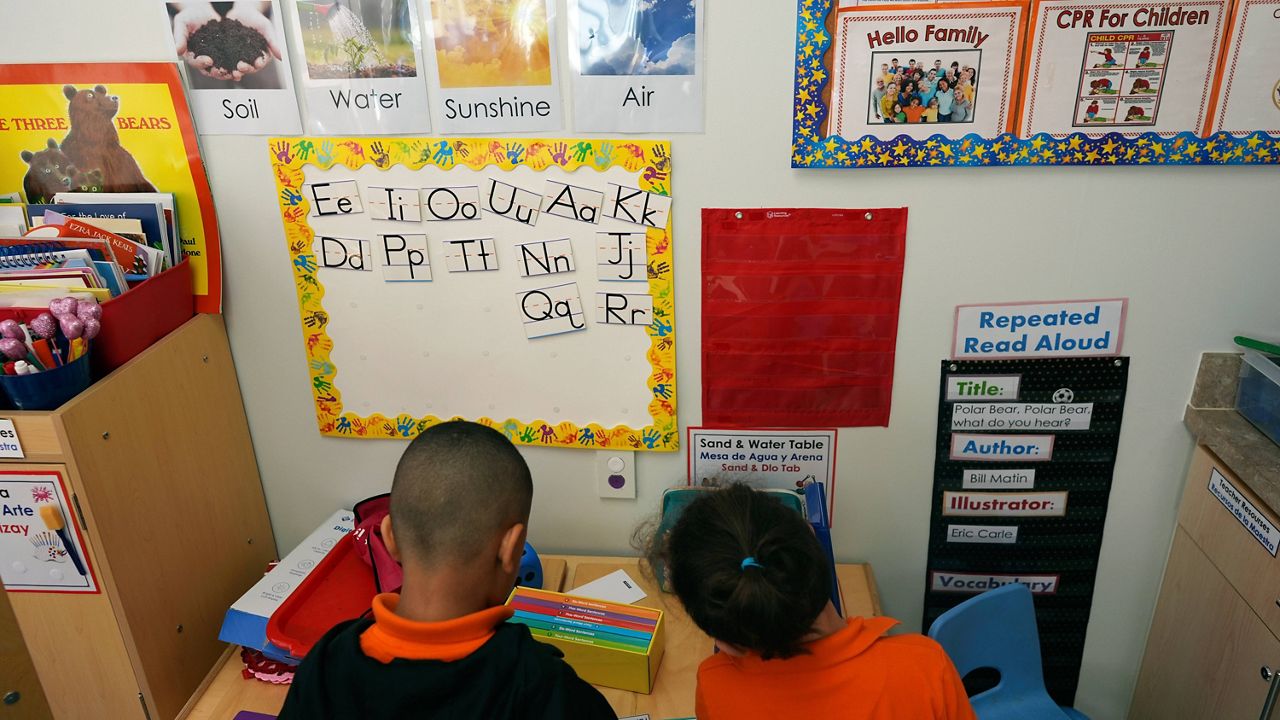ORLANDO, Fla. — United Cerebral Palsy of Central Florida and the University of Central Florida have teamed up for a project to research how artificial intelligence can be used to teach children on the autism spectrum how to code, and also recognize social cues.
Zoobie, the AI robot, reads the children’s facial expressions to show what emotions they’re conveying, for example, red means they're showing they’re angry and green means they’re happy.
“Being a parent myself of a young man with Tourette’s, I know how social-emotional learning can be really hard, so can self-regulation,” said Dr. Lisa Dieker with UCF.
“We look at this as another avenue to tap in to strengthen those social skills for students to be able to self-regulate,” said Dr. Karyn Scott, UCP of Pine Hills principal.
Scott said parents want their children to learn more about coding as well.
“The parents are extremely excited because they know their children are really involved in technology,” Scott said.
After a while, the special needs students will teach other students the coding Zoobie taught them. The AI will be with them in a tent to make sure they continue to monitor their emotions and stress levels.
The study is funded by a five-year $2.5 million grant from Stepping Up Technology.
The Pine Hills campus is the first school to take part in the study.
Dieker said at the end of the five-year study, the results will be posted online so other districts can use them to help other special needs students.









